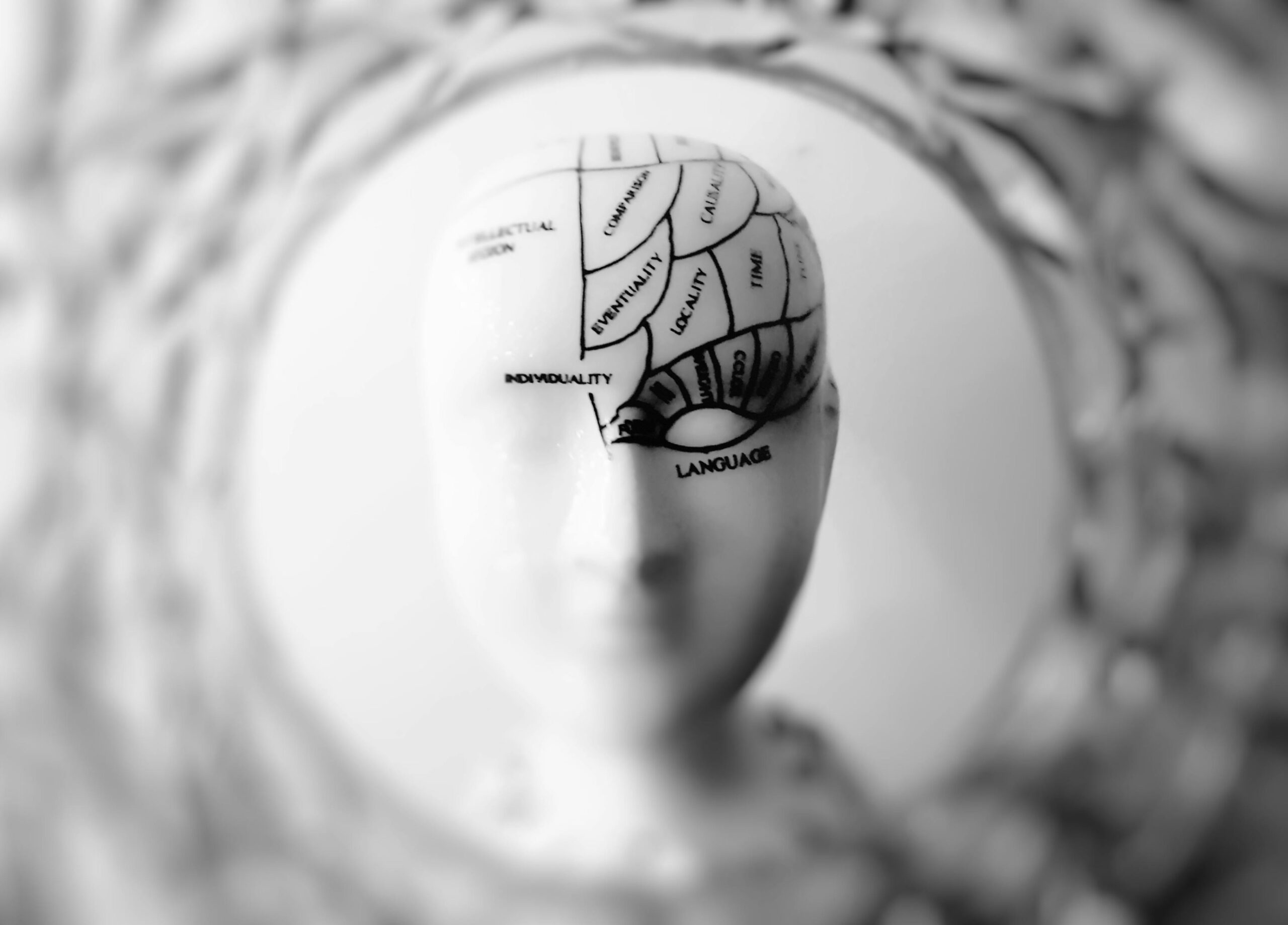Introduction:
- Highlight the link between physical activity and mental well-being, emphasizing that exercise is not just beneficial for the body but also for the mind.
- Introduce the concept of exercise as a natural mood booster and stress reliever.
Body:
-
The Mental Health Benefits of Exercise:
- Discuss the role of exercise in reducing symptoms of anxiety and depression by increasing the production of endorphins, neurotransmitters that promote feelings of happiness and relaxation.
- Highlight research showing that regular physical activity can improve cognitive function and reduce the risk of cognitive decline, especially in older adults.
- Exercise as a Stress Management Tool:
- Explain how physical activity helps to reduce levels of cortisol, the body’s primary stress hormone.
- Discuss the calming effects of exercise on the nervous system and its ability to promote relaxation and improve sleep quality.
- Tips for Incorporating Exercise into Daily Life:
- Offer practical suggestions for fitting exercise into busy schedules, such as taking short activity breaks throughout the day or finding enjoyable forms of exercise that don’t feel like a chore.
- Encourage readers to set realistic goals and to focus on finding activities they enjoy, whether it’s walking, dancing, swimming, or practicing yoga.
Conclusion:
- Reinforce the message that regular physical activity is essential for maintaining good mental health and overall well-being. Encourage readers to prioritize exercise as part of their self-care routine and to reap the countless benefits it offers for the mind and body.

Leave a Reply